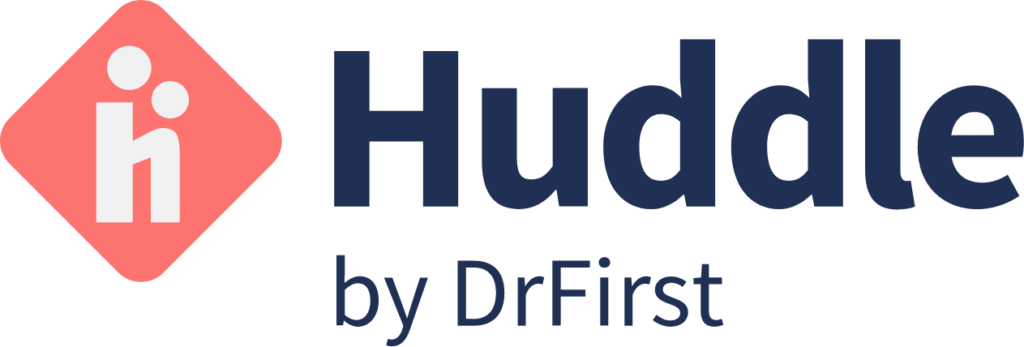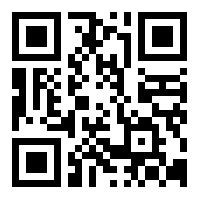We all want to feel a sense of control over the decisions and actions that affect our health and wellbeing. That includes having access to our electronic medical records. Gone are the days when being a “good patient” suggested passivity and compliance. Better armed with the tools we need to marshal our own health and wellbeing, today’s “good” patient is an empowered patient.
This begs the question: at a time when we are increasingly encouraged to manage our records and marshal our health choices, what is it that our doctors hope we’ll do with this information and control?
We asked Colin Banas, M.D., DrFirst’s Chief Medical Officer, what it means today to be an empowered patient.
From your perspective as a medical professional, what is the main characteristic of an empowered patient?
Preparation. Patients who are empowered are prepared and ready for their appointments regardless of the venue, whether they are being seen virtually or in person. If your appointment is in the office, being prepared includes things like understanding the intent of the visit, providing data that benefits the clinician, and asking questions throughout the visit. In a virtual environment, I encourage patients to prepare the appointment setting by checking the internet’s bandwidth ahead of time, finding a quiet location, and making sure the camera and microphone are working properly.
If a doctor already has a patient’s medical history on file, why is it important for that patient to also have a copy of their medical records?
No matter how thorough a patient’s medical record is, we’re still not at the point of boundless interoperability between healthcare providers. What that means is things could be missing from a patient’s record, but a clinician would have no way of knowing without hearing it directly from the patient.
Plus, healthcare also is always occurring outside of the hospital or doctor’s office. Clinicians need to know what’s going on outside of their point of view. Are you exercising? Are you sleeping? What is your blood pressure? Those are important data points. We might also want to review data from fitness trackers, smart watches, or apps because no matter how good a record is, there is still more out there to complete the whole picture.
What is the best way for a patient to keep track of their medical records?
In the past, paper or even floppy disks were a patient’s only means of accounting for medication lists, previous surgeries, test results, or anything that helped tell their healthcare story. Fortunately, the advent of smartphones has made that easier. Not only can patients store things like a medication list on their phone, but many smartphones can also collect and track healthcare data. Huddle’s mobile technology brings together multiple sources of information; sort of like a one-stop repository that you control as a patient. That’s an incredible thing.
If a patient has a gap in their health history, where can they get those records?
This is both the promise and the problem of interoperability. Even though healthcare records are becoming more accessible, we’re still struggling with fragmentation of those records. Many providers are still relying on antiquated methods (fax, phone calls, etc.) to collect patient records. Fortunately, government mandates like the 21st Century Cures Act are working to improve this.
The Cures Act is the requirement that patients can request and receive quick access to their records in whatever format they choose. If patients become the keepers of their data, we can begin to fill the gaps in their health history without relying on inefficient, antiquated methods.
What types of questions should patients ask during an appointment?
Patients should always feel empowered to ask the clinician about anything related to their visit or clarify anything that was unclear. Now that more healthcare is happening in a digital world, patients should also ask things like:
- What sort of digital amenities does your practice offer?
- Do you have a patient portal?
- Do you have online scheduling?
- Do you have a way to interact with the care team without picking up the phone?
- Do you use digital records?
What else can a patient do to help facilitate better, more personalized care?
The most important thing is transparency between provider and patient. To provide the best possible care, doctors need to know everything about their patients’ health history. With that need, you start to layer in digital tools—updating medical records and recording data that is useful to a provider.
What about patient portals?
It’s important that we recognize that patient portals are not the only way to collect and curate information. Patient portals are a great thing, but there’s a misconception that access to individual portals and records is ubiquitous. Plus, many patients often have more than one portal, which makes it difficult to see the entirety of patient’s health history. That’s why it’s so important that patients play an active role in the collection and storage of their records.




